Paying for College: A Comprehensive Guide (Part 1)
What resources are available to help with paying for college?
Now that high school seniors have completed, or are in the process of completing college applications, the question for many is “How do I go about paying for college?” For those who do not have money set aside for this purpose, or who need supplemental funds, there are several options, including scholarships, grants, work-study jobs, and loans.
Paying for College: Scholarships
Scholarships are offered by many nonprofit and private organizations, as well as individual schools. This is free money–often based on academic merit, talent, or a specific area of study. Students are encouraged to explore these options, as this money (which doesn’t have to be paid back) can make a significant difference in managing education expenses. Note: Private scholarships could affect the rest of your financial aid package, so it is important to notify your university’s office of financial services if you’re awarded one.
Grants
Grants are need-based funds that don’t have to be repaid—unless you withdraw from an institution and owe a refund, or you don’t complete a service obligation tied to the grant. They are provided by nonprofit organizations like federal and state governments and are often tax-exempt. There are many, many types of grants available. Some of the more popular are Pell Grants, Federal Supplemental Educational Opportunity Grants (FSEOG), and Teacher Education Assistance for College and Higher Education (TEACH) Grants. Many schools also offer aid from their own grant programs.
Work-Study Jobs
For those who want to earn money towards paying for school, the Federal Work-Study Program allows you to do so by working part-time (usually on campus). Wages vary depending on the job, but you’ll earn at least the current federal minimum wage. What you can earn is also dependent on when you apply, your financial need, and your school’s funding resources. Jobs are limited, so students are encouraged to inquire and apply early.
Paying for College with Federal Student Loans
Federal loans are funds you borrow for the exclusive purpose of attending a college or trade school. The money must be paid back with interest. (Thankfully, most loans are low interest.) Financial aid of this type usually goes directly to the school, and is applied to tuition, fees, housing and more. Some students are offered loans as part of a school’s financial aid offer No matter what the circumstance, it’s important to understand repayment terms, so that you can successfully repay the loan.
Private Student Loans
Private Student Loans are not federally funded and often have variable interest rates that aren’t capped—which means they are not as cost-effective in most cases as federal loans are. It can also be hard to qualify for them without a credit history, or a limited one. In addition, most private student loans do not offer income-driven repayment plans, so they may not fit every budget and offer limited options for financial relief when a borrower experiences financial difficulty. With more cost-effective funding options available, private loans should be reserved for unmet financial needs that can’t be covered by federal loans or other forms of free aid.
What does financial aid cover and how do I apply for it?
Federal student aid can cover many things—including expenses like tuition and fees, housing and food, books, and supplies. It may also cover other related expenses, like a computer. The same is true for other aid programs. Applying for Federal aid—including grants, work-study programs, and loans—requires that the student and/or parents fill out a FAFSA (Free Application for Federal Student Aid) form from the Department of Education.
These forms normally become available on October 1st, so the FAFSA for 2024-25 is now available for classes starting in the fall of 2024. Forms must be completed by June 30, 2024, and they must be filed annually. It’s a good idea to file earlier than the deadline though, as many schools have their own financial aid deadlines and distribute funds on a first-come, first served basis. (We’ll cover more about the FAFSA in our next blog.)
Research Paying for College
With so many options for funding an education, it is important to research and know what works best for you. At Moxie College Counseling, we can steer you in the right direction. We’ve teamed up with SMARTTRACK® College Funding, the nation’s leader in developing strategic college funding plans. Together, we can help you navigate the college funding process. Contact us today!
Share this article

Follow us
A quick overview of the topics covered in this article.
Latest articles
Reading Time : 0 mins
Reading Time : 7 mins
Reading Time : 1 mins



